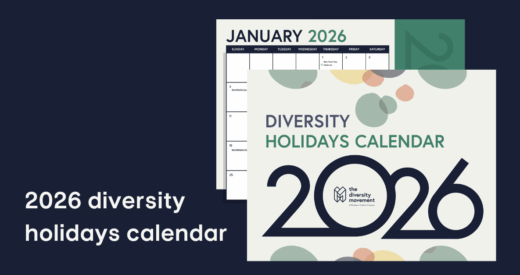Diwali, also known as Divali or Deepawali, is one of India’s most important holidays and is celebrated by millions of people across multiple faiths. Observed by many Hindus, Sikhs, and Buddhists, this festival brings a joyous energy which pays homage to the triumph of light over darkness. For some, Diwali marks the start of a brand-new year.
Other meanings behind the celebration of Diwali include:
- The triumph of knowledge over ignorance
- Good prevailing over evil
- Honoring peace, happiness, and the blessings in one’s life
- Letting old energy leave so new energy can come in
- Celebrating the day that Lord Krishna defeated the demon Narakasura (Southern India)
- Celebrating the return of Prince Rama after fourteen years in exile (Northern India)
This celebration, often called the festival of lights, is most commonly celebrated over five days and nights of feasting, fireworks, prayer, and gatherings with family and friends. The date of Diwali varies each year based on the lunar calendar, but typically, it falls between mid-October and mid-November. Two important days to know are Lakshmi Puja and Govardhan.
The third day of celebrations, known as Lakshmi Puja, is the most important day of Diwali. This day honors the goddess Lakshmi who brings prosperity, good fortune, abundance, and happy reasons to celebrate. On Lakshmi Puja, it is common for people to have gatherings with their loved ones.
Diwali closes with Govardhan, a day for siblings to celebrate each other. This is a day that is often marked by fireworks.
What’s important to know is that people have diverse ways of celebrating during Diwali. A great way to wish somebody a happy Diwali is to say something like, “ I hope you have a blessed and prosperous Diwali!”
What can you do to honor Diwali celebrations in the workplace?
Diwali is all about the triumph of what is good in the world over what is ultimately unjust. This celebration is a great opportunity to check in on workplace satisfaction. Sending out a workplace survey regarding job satisfaction, a sense of belonging, and overall workplace culture can be one appropriate way to honor Diwali.
Since Diwali also focuses on abundance, another way of honoring this holiday is to investigate your pay and promotion structures. Is there a gender pay gap in your organization? Are raises being given equally across the organization? And if not, how can you revise your current systems and processes to correct existing inequities?
Other great ways to honor Diwali in the workplace can include:
- Hosting a celebration that focuses on joy, prosperity and abundance
- Organizing a small gift exchange for colleagues to participate in, if they wish
- Striking up conversations with coworkers who celebrate Diwali about what the celebration means to them
- Sponsoring a luncheon or dinner which highlights the primary principles of Diwali
As we learn about the cultures, traditions, and practices of those outside of our own demographic groups, we bring greater richness, abundance, and understanding into our own lives. In this way, the celebration of Diwali is an invitation to increase awareness about the ways that we are already prosperous and abundant. By learning how to celebrate diversity through inclusion, we foster not only a thriving workplace but a thriving planet as well. As we move through the next few months, which are filled with numerous cultural and religious holidays, remember that each one can be a wonderful opportunity to practice inclusive leadership in your organization and create a more welcoming work environment.
Rachael is a published author with a passion for travel, culture, and making the world a brighter place through her writing. She believes our great human diversity makes the world a richer place and loves exploring different cultures and learning about different ways of being in the world.






